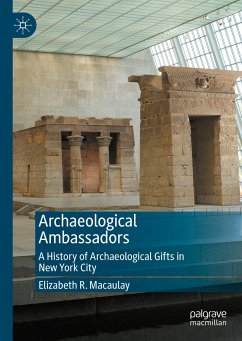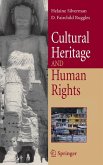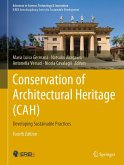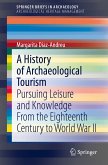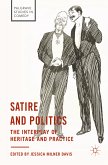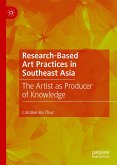-Nassos Papalexandrou, University of Texas, Austin.
This book investigates why nations with rich archaeological pasts like Egypt, Greece, and Jordan gave important antiquities-often unique, rare, and highly valued monuments-to New York City, New York Institutions, and the United States from 1879 to 1965. In addition to analyzing the givers' motivations, the author examines why New Yorkers and Americans coveted such objects. The book argues that these gifted antiquities function as archaeological ambassadors and that the objects given were instruments of cultural diplomacy. These gifts sought to advance the goals of Egypt, Greece, and Jordan-all states that had rich cultural and archaeological heritages-with the United States, once an ascendent nation and then a global superpower, to strengthen cultural, economic, and political relations.
Elizabeth R. Macaulay is an Associate Professor of Liberal Studies, Classics, Middle Eastern Studies, and Digital Humanities at The Graduate Center, The City University of New York. Her research examines the intersection of antiquity and modernity. She is the author or editor of six books, including Antiquity in Gotham: The Ancient Architecture of New York City (2021) and Classical New York: Discovering Greece and Rome in Gotham (2018). Educated at Cornell and Oxford Universities, she has served as a general trustee of the Archaeological Institute of America. She chairs the board of Smarhistory.org, the Center for Public Art History, where she is also a regular contributor and acquiring editor.
Dieser Download kann aus rechtlichen Gründen nur mit Rechnungsadresse in A, B, BG, CY, CZ, D, DK, EW, E, FIN, F, GR, HR, H, IRL, I, LT, L, LR, M, NL, PL, P, R, S, SLO, SK ausgeliefert werden.

